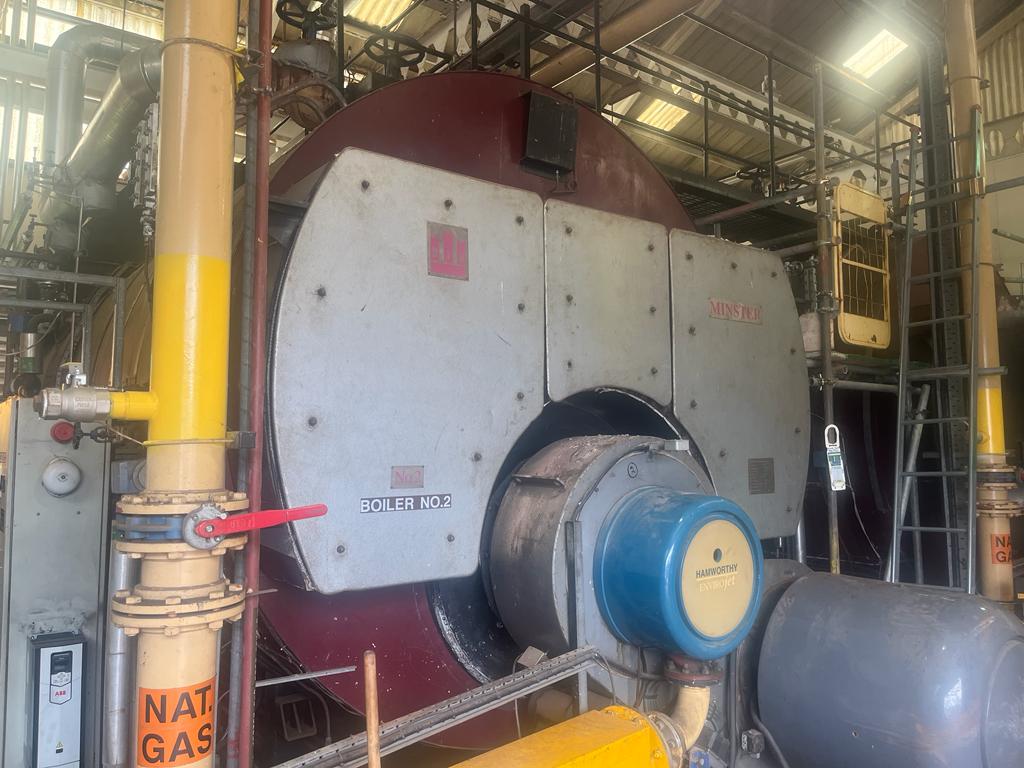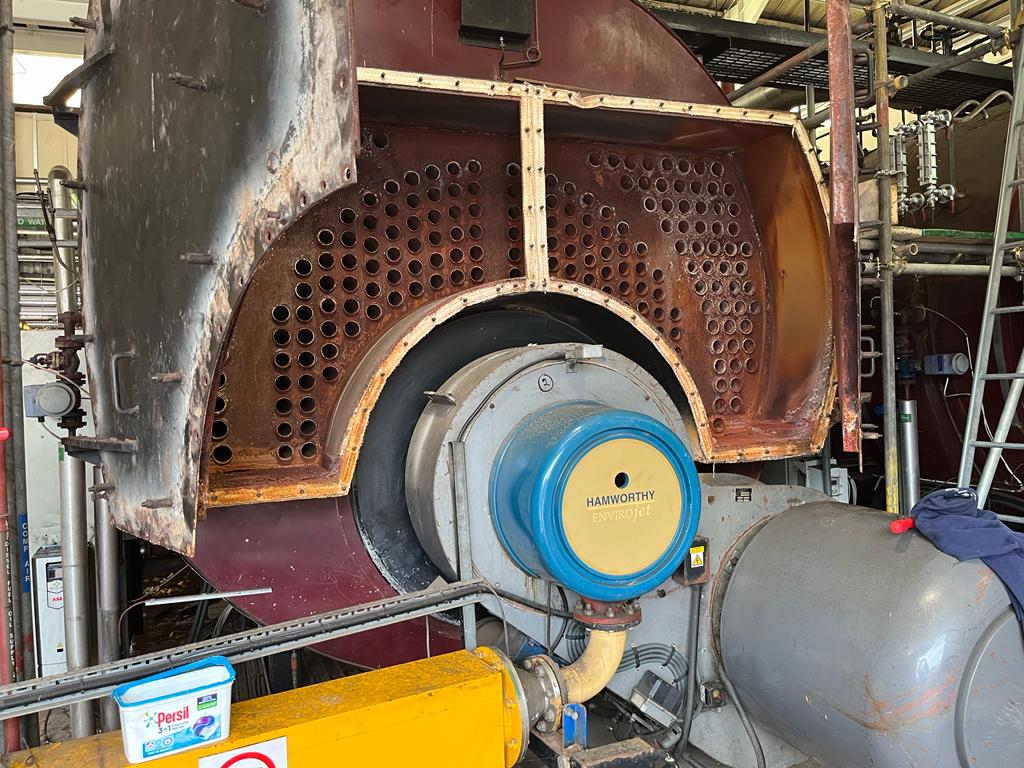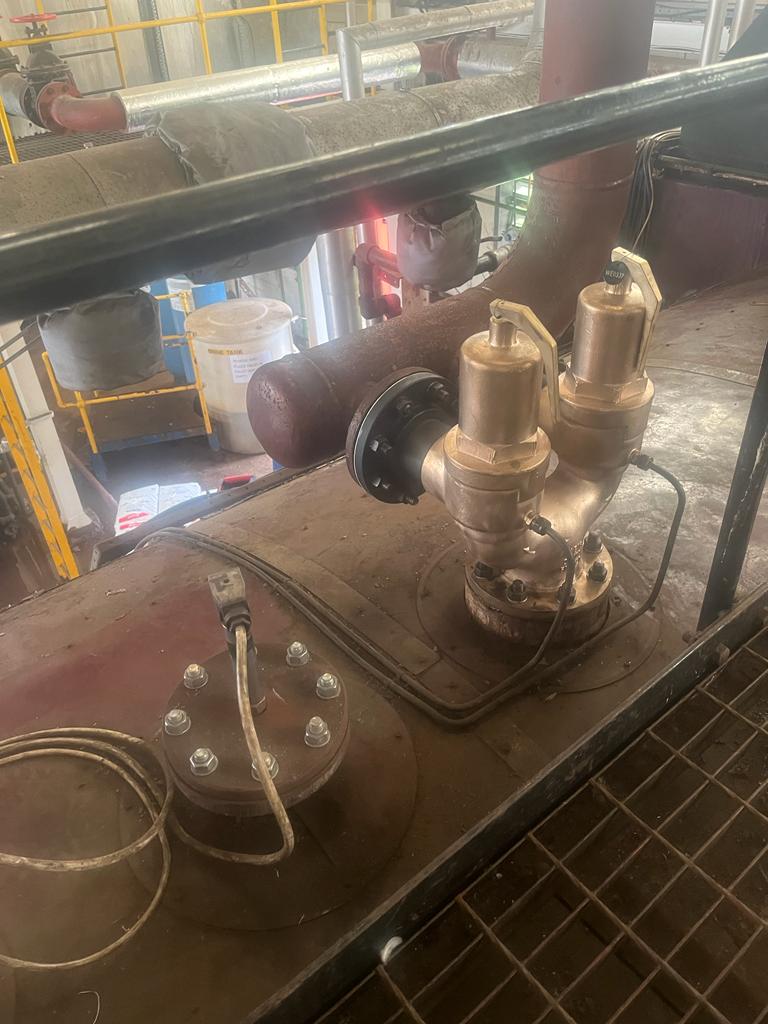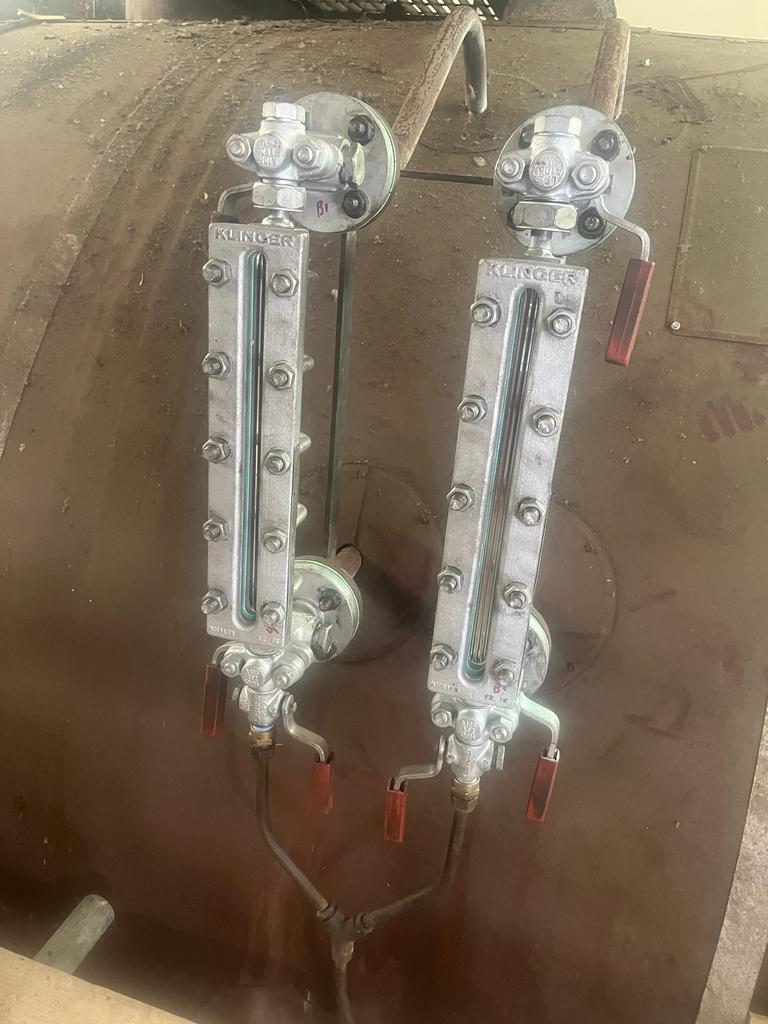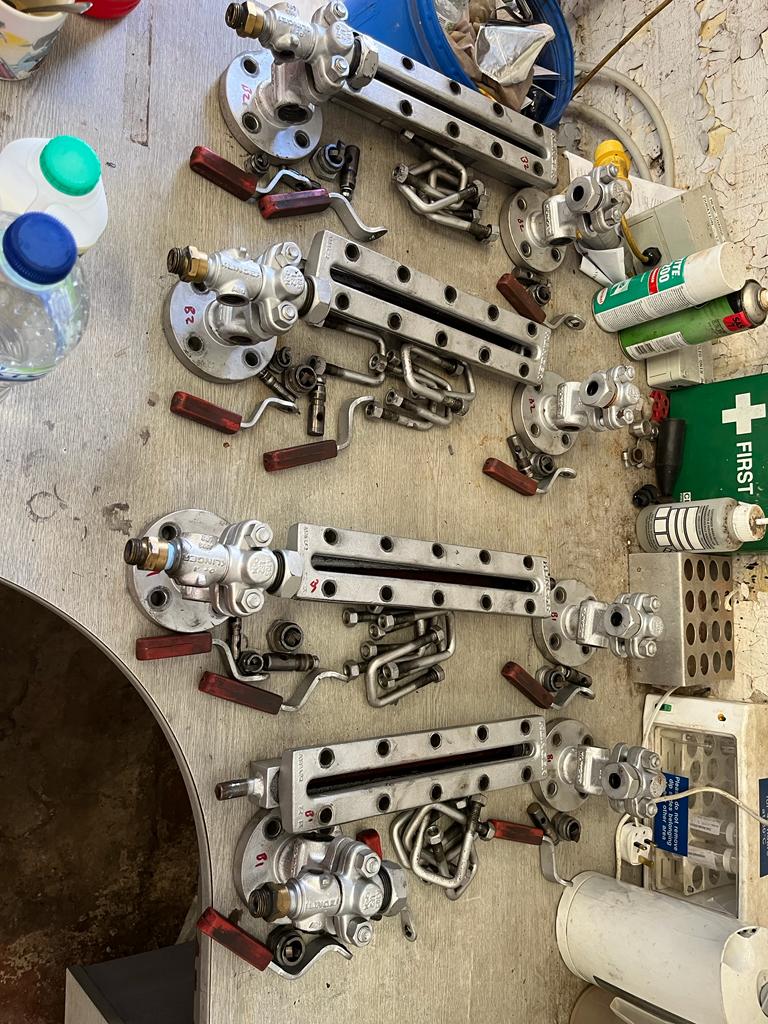A week of meticulous preperation for boiler inspections – 100’s of miles covered
A week or preparing for boiler inspections by the certified body has involved 100’s of miles on the road. All this weeks boilers we modern package boilers found in industrial settings.
We were asked to complete these inspections for Torque Engineering
JE&T complete all the removal and overhaul of the boiler fittings, any preparation for the inspection, and then any repairs required. This boiler inspection was very simple and the only outcome was the replacement of the pressure gauges and the modifications to the mounts.
Boiler Testing – Jubb Engineering & Training
Boiler inspection requirements
Industrial boiler inspections in the UK were regulated by the Health and Safety Executive (HSE) under the Pressure Systems Safety Regulations 2000 (PSSR) and the Provision and Use of Work Equipment Regulations 1998 (PUWER). These regulations require periodic inspections and maintenance of pressure systems, including industrial boilers, to ensure their safe operation and compliance with health and safety standards. Please note that regulations may have been updated or changed since then, so it’s important to refer to the latest information from the relevant authorities. However, I can provide a general overview of what was typically required for industrial boiler inspections in the UK at that time:
- Written Scheme of Examination (WSE): The owner or operator of the industrial boiler is required to have a Written Scheme of Examination, which outlines the inspection and examination intervals, the scope of the inspection, and the procedures to be followed during inspections.
- Competent Person: The inspections must be carried out by a competent person or a team of competent persons. A competent person is someone with the necessary knowledge, experience, and training to carry out the inspections effectively and safely.
- Frequency of Inspections: The frequency of inspections depends on the nature of the boiler, its operating conditions, and the recommendations specified in the Written Scheme of Examination. Generally, inspections are conducted at regular intervals, often annually.
- Thorough Examination: The inspection process involves a thorough examination of the boiler’s components, including pressure vessels, safety devices, controls, and associated piping. The objective is to identify any signs of deterioration, wear, or damage that could compromise the safety of the system.
- Non-Destructive Testing (NDT): In some cases, Non-Destructive Testing techniques may be used to assess the condition of critical components without causing damage to them. This could include techniques like ultrasonic testing, radiography, or magnetic particle testing.
- Defect Reporting: If any defects or issues are identified during the inspection, they must be promptly recorded, and appropriate actions, such as repairs or replacements, should be taken to ensure the safe operation of the boiler.
- Record Keeping: It is essential to maintain accurate records of all inspections, examinations, and any remedial actions taken. These records may be required for regulatory purposes or in case of future inspections.
Again, please note that regulations can change, and I recommend checking with the Health and Safety Executive or other relevant authorities for the most up-to-date requirements for industrial boiler inspections in the UK.

